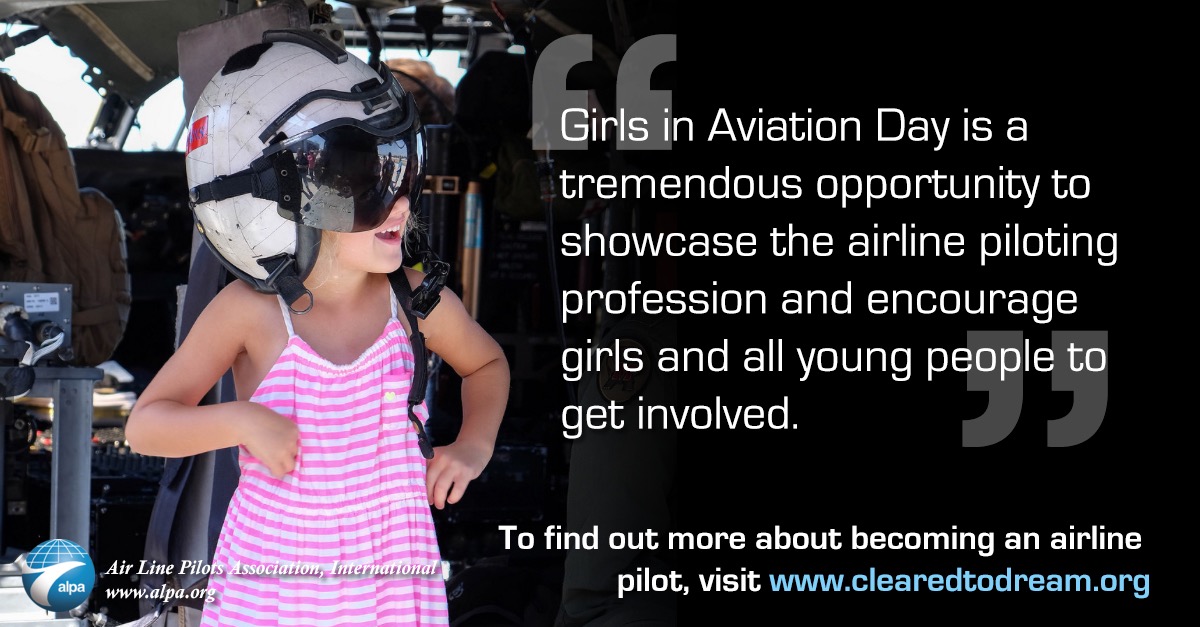Leadership From the Flight Deck
Today, I testified [oral|written] before the U.S. House of Representatives Aviation Subcommittee and urged lawmakers to direct the FAA to regulate unmanned aircraft systems (UAS) operated for recreation and hobby.
With the anticipated sales of one million UAS during this year’s holiday season, we must address all UAS operations immediately. The FAA is making some progress in ensuring the safe integration of UAS into our nation’s airspace system, but more is required. Just look at this summer’s release of the hundreds of FAA reports from pilots on UAS encounters. In these reports, pilots across the country described seeing a UAS while in flight, often during takeoff and landing, the most critical phases of flight.
In order to continue to track these instances, ALPA has been encouraging pilots who encounter a UAS to follow their company guidance and, where applicable, file a report with the FAA. There is a dedicated page on ALPA’s website, available to anyone, that helps pilots understand whether the encounter is likely reportable as a near mid-air collision and provides the links and information needed to submit the necessary information.
ALPA pilots were on Capitol Hill this week as the U.S. federal government took steps to avert a shutdown and Congress extended the current authorization of the Federal Aviation Administration (FAA) until March 31, 2016.
It is indeed good news that the FAA’s authorization has been extended, but this week’s temporary fix is just the latest example of Congress’s long history of stop-and-start funding for the agency. While erratic reauthorization has made it challenging for the FAA to implement necessary safety and air traffic system upgrades, the progress made during its most recent three-year reauthorization offers a taste of the advancement that stable funding makes possible. For example, over the last three years, the FAA made significant strides in air traffic flow and coordination through en route automation modernization (ERAM) and gained safety, environmental, and efficiency benefits through a number of NextGen initiatives such as ADS-B and performance-based navigation implementation.
On Saturday, September 26, ALPA and the world’s aviation community celebrated Girls in Aviation Day, an international event sponsored by Women in Aviation International.
From Atlanta, Ga., to Ypsilanti, Mich., ALPA pilots were front and center in commemorating the day. Girls in Aviation Day is designed to give girls an opportunity to connect with other girls and women who are interested in aviation, explore careers in the aviation and aerospace industry, and experience firsthand what it’s like to be a pilot or other aviation industry professional.
As airline pilots, most of us felt the passion to fly from an early age—we knew we wanted to fly almost before we could walk. But understanding how to follow that passion required information and role models to show the way. Events like Girls in Aviation Day provide girls of all ages with the opportunity to meet pilots and other aviation professionals to learn about their real-word experiences and to ask questions in an encouraging environment.
Education is one important element in ALPA’s four-part solution to safely integrating unmanned aircraft systems (UAS) into the national airspace. As a result, this week, ALPA joined the “Know Before You Fly” campaign, a public initiative designed to inform those interested in flying an unmanned aircraft about the safe and responsible operation of UAS.
Airline pilots are highly trained to remain vigilant every day for any opportunity to mitigate threats in the cockpit. Currently, a different kind of threat is looming on the horizon—a threat that, if we do not take action to correct it now, will inflict real damage on not just pilots but all working Americans. That hazard is the upcoming health-care excise tax—more commonly referred to as the “Cadillac tax”—and we must take action now to avert it.






